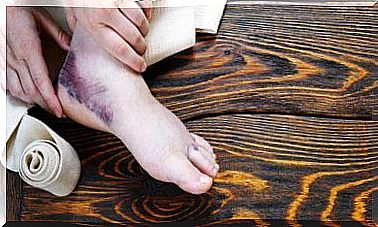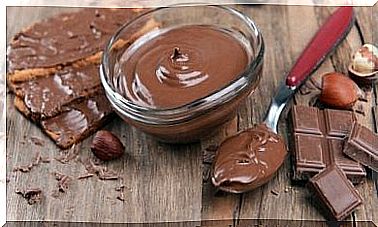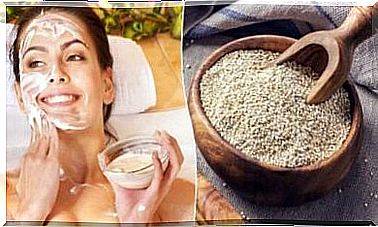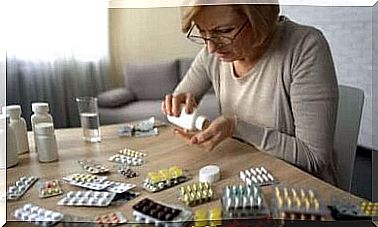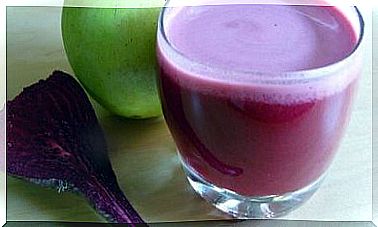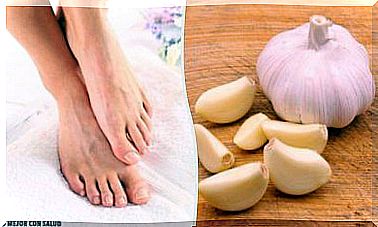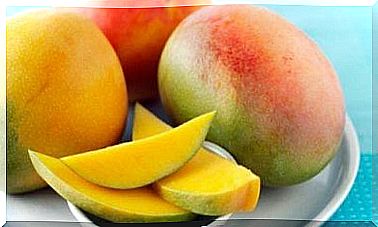5 Changes You Should Make To Your Diet When You Turn 40

Age should not be an obstacle or a motive for taking care of your body. For this very reason, you should always take care of yourself. However, there are some changes you should make to your diet when you turn 40.
Are you about to turn 40, and are you worried about whether you need to make significant changes in your life?
After 40, not only is it harder to lose weight, but also certain health problems may appear that you need to control.
Today we have prepared a list of the changes you should make. (Do not worry, they are simple!)
1. Increase your calcium intake
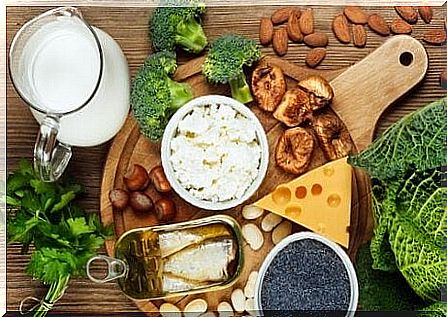
Because estrogen production decreases after the age of 40, your legs will have greater difficulty absorbing calcium from the food you eat.
The problem with this is that it increases the risk of suffering from osteoporosis and fractures that may have consequences for the future.
The ideal scenario is to ingest approx. 1000 milligrams of calcium a day.
Some options to get it include:
- Cheese, which contains between 470 and 850 milligrams of calcium per 100 grams (depending on the type of cheese). Keep in mind, however, that when you include it in your meals, you should avoid adding more fats.
- Almonds, which provide 264 milligrams of calcium per 100 grams of almonds. It is important not to eat almonds in large quantities, because they contain many calories due to the fat content.
- Yogurt. 100 grams of yogurt gives you between 127 and 180 milligrams of calcium. When it comes to choosing yogurt, go for one that is natural and as free as possible from sweetening. Another good option is to make your own yogurt at home. This allows you to make it in different ways and with different flavors.
2. Eat more protein
When you turn 40, you also need to increase your protein intake, because muscle mass decreases as we get older. This means that you can lose weight without wanting to, and allow more fat to accumulate.
Ideally, you should include around 30 grams of protein in each meal.
The best options are:
- Soy, which contains 37 grams of protein per 100 grams. The ideal option is to eat the bean itself, but if you do not like it or you can not get it, you can try tofu or soy milk.
- Pine nuts, which provide 14 grams of protein in every 100 grams. But avoid eating large amounts of pine nuts at once because they contain a lot of fat.
- Chicken. We get around 30 grams of protein from 100 grams of skinless lean chicken. The best way to eat it is meals with vegetables and as little fat as possible.
3. Reduce sodium intake
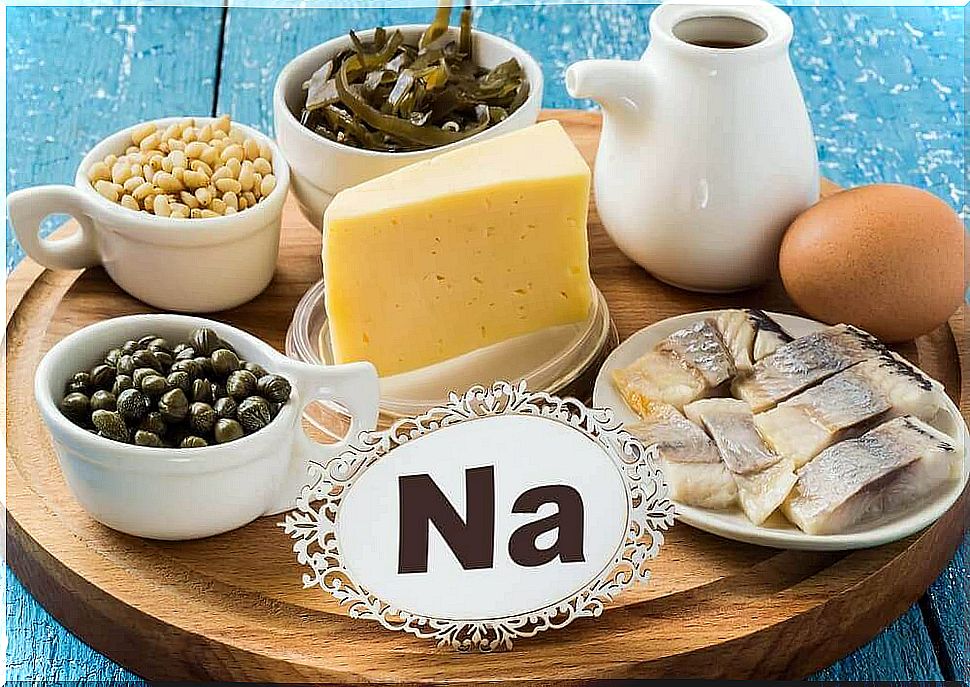
Inflammation and bloating are a common problem when you reach your forties and menopause. To reduce how often and how serious this is, it is a good idea to eat low sodium.
The easiest way to achieve this is to reduce your salt intake. If you have already reduced the use of salt in cooking and inflammation is still a problem, check the labels of the products you usually eat.
Most contain sodium among the ingredients, so you should seek healthier alternatives or reduce the amounts you eat.
Pay special attention to the label with nutritional content. There you can see the amount of sodium the product contains per serving and the weight of a serving.
4. Add more antioxidants to your diet
You have probably already heard a lot about the benefits of antioxidants in the body.
When you turn 40, you will begin to experience problems related to aging, such as skin problems and clicking in joints.
To reduce the problem, try to include:
- Paprika
- Blackberry
- Broccoli
- Strawberry
- Blueberry
- Green tea
- Dark chocolate
5. Monitor vitamin B12 intake
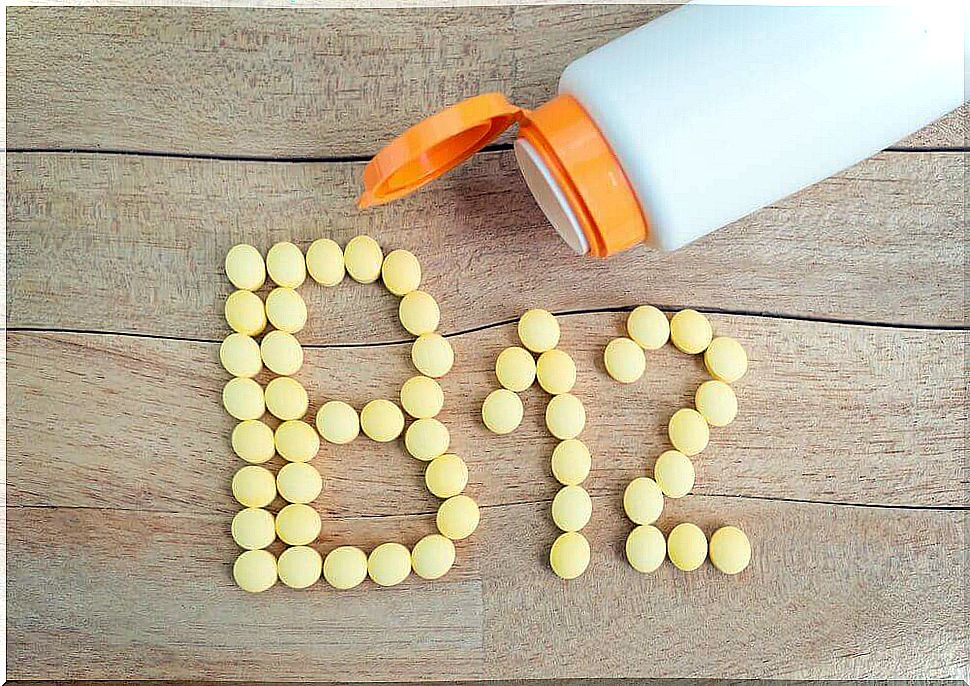
When you turn 40, your body begins to have nerve problems and problems with blood cell production. These two situations are reversed by eating enough vitamin B12.
- An adult needs around 2.4 micrograms of this vitamin per day, and you can get it from dairy products, fish and eggs.
Other changes you should make when you turn 40
In addition to your diet, it is also important to improve your lifestyle to ensure that the efforts you make in your diet pay off.
The most important changes are:
- Make changes to your exercise routine to adapt it to your body’s characteristics. If you have noticed joint problems, choose more careful exercises.
- Get a medical checkup every 6 months. If you have always had good health, you may not visit your doctor very often. When you turn 40, it is important to do it more often to rule out the occurrence of diseases.
- Exercise often. Keep moving as much as you can. Even just a short walk or getting up and stretching a little counts!
Do you already have these habits, or do you need to add some of them to your life?
